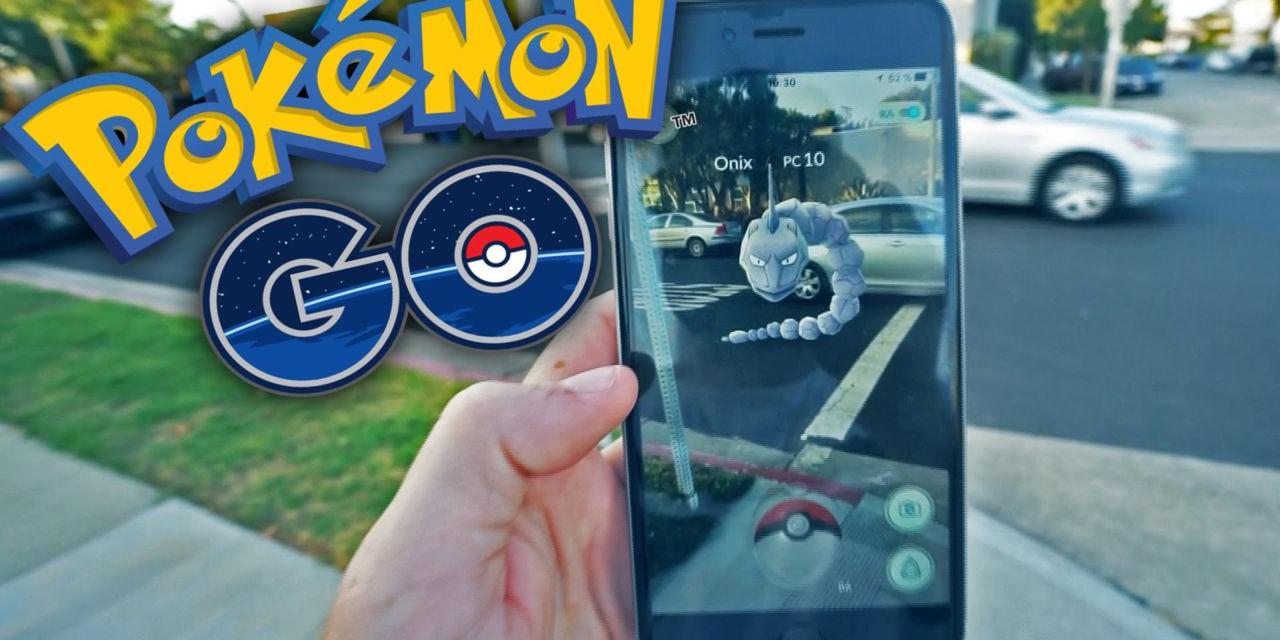
Niantic practically became renowned overnight following the phenomenal success of Pokémon Go. But the San Francisco based studio had worked on one of the first location-based augmented reality mobile games, Ingress, for several years before that. Now, the studio wants to leverage its unique expertise into helping other studios develop their own AR games.
"We’re looking at lots of projects. Niantic’s strategy is heavily a platform play, so we’re not trying to limit ourselves too much to one or two sets of experiences," Niantic visual design director Dennis Hwang told The Verge. "We want other people to be able to build interesting fictional experiences on top of the real-world-based technology that we’ve built. So it may not be Niantic that builds it, but we’re talking to a lot of interesting partners already."
Niantic also wants to evolve its experiences beyond mobiles and tablets. The studio believes that Augmented Reality headsets such as Microsoft's HoloLens are ideal for moving the platform forward, but they are still too limited and too expensive to be accepted by the general public.
"it will still be a few years. The current crop of technology that’s coming up will struggle to compete against sunlight," argued Hwang. "In order to overlay the information as if it’s a sci-fi movie, you know, the glare of the sunlight is quite difficult to fight against. So for the near future, it will be more of the wearables and other devices that enhance the notification element of [Pokémon Go]."
"But there is really cool hardware being developed, like HoloLens, and Project Tango from the Google guys, and Magic Leap, the more secretive version of it. It will be really interesting to see how this tech can help app experiences like ours."
Earlier this week, Microsoft's head of Xbox Phil Spencer said that current VR and AR games are no more than "demos and experiments" and that Microsoft is waiting for the technology to mature enough for consumer-grade experiences.








